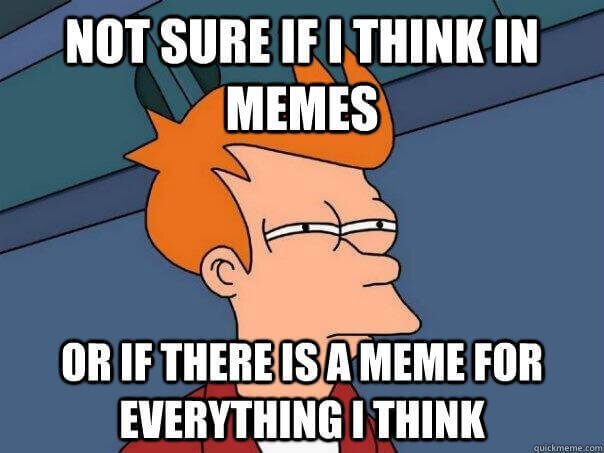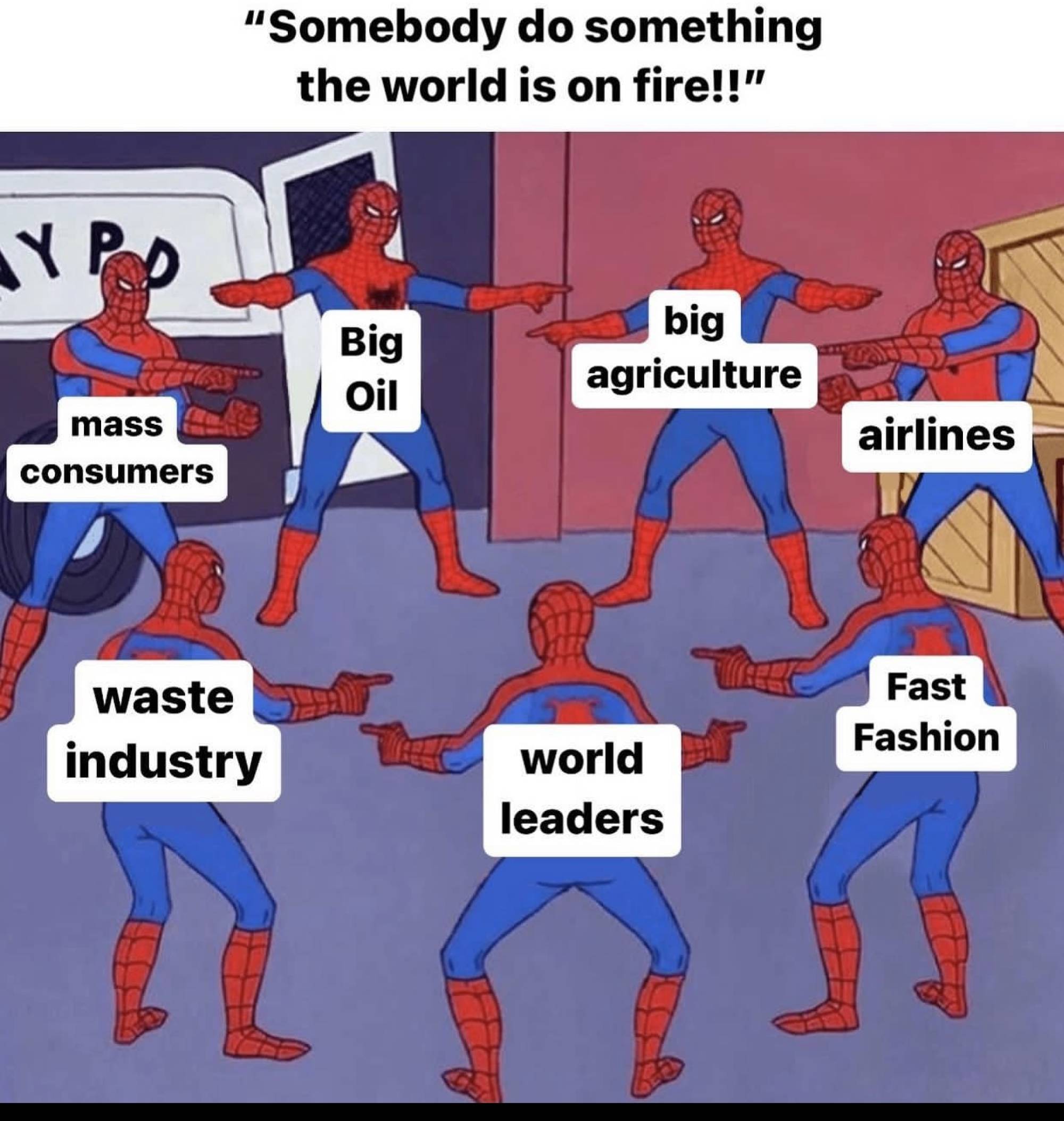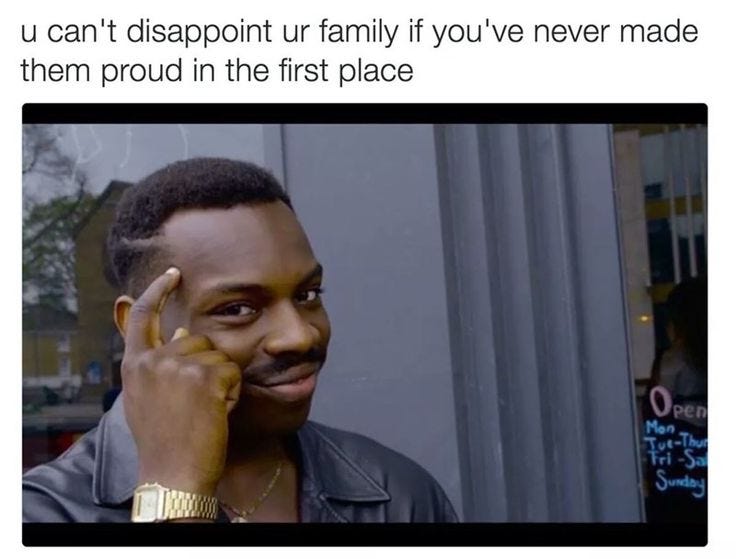Introduction
If you’ve scrolled through TikTok or Twitter (X?) lately, you’ve probably seen expressions like “I’m dead 💀,” “slay me,” “this cured my depression,” or even just an unbothered “lol” in response to the existential horror of everyday life. Welcome to Gen Z language, where humor, memes, irony, and self-deprecating slang are doing more than just making people laugh—they’re regulating emotions.
In a world full of climate anxiety, economic uncertainty, and social pressure, Gen Z isn’t just expressing themselves—they’re surviving through language.
Read More- Main Character Syndrome
1. Meme Speak as a Coping Mechanism
Humor is a time-tested strategy to regulate difficult emotions. What Freud once called a “safety valve” for repressed thoughts, psychologists now describe as a mature defense mechanism (Vaillant, 2000).
Gen Z doesn’t need a therapist’s couch to process stress—they’ve got SpongeBob reaction memes and a perfectly timed “💀.”

In psychological terms, this is cognitive reappraisal—reframing a negative situation in a way that changes its emotional impact (Gross, 2002). When someone says, “me getting hit by a car would be less painful than this math test 💀,” it’s not just funny—it’s a non-threatening way to express and release frustration.
2. The Power of Self-Deprecating Humor
Phrases like “I’m trash,” “I want to disappear,” or “this is my villain origin story” sound alarming—but in context, they’re often lighthearted attempts at self-soothing.
According to research by Martin et al. (2003), self-deprecating humor can be both adaptive and protective, especially when it’s used to build connection or disarm negative self-evaluation.

It helps Gen Z say:
“I’m not doing great, but I’m still here. And I’m laughing about it.”
It turns emotional vulnerability into a shared joke, reducing shame and increasing bonding—especially online.

3. Irony and Emotional Distance
Gen Z is the reigning champion of irony and sarcasm. But there’s more than just cool detachment behind this. Irony can serve as a psychological buffer—creating a safe emotional distance between the self and distressing realities (Peters & Wendler, 2018).
For example:
- Saying “love that for me” after your car breaks down
- Or replying “slay” to a terrible grade
These ironic phrases turn failure into comedy, offering emotional control in chaotic situations. It’s not denial—it’s strategic distance.
4. Group Language = Group Therapy
Using shared slang like “rizz,” “delulu,” or “no thoughts head empty” isn’t just fun—it’s a form of social regulation. Gen Z creates communal scripts for expressing feelings, turning the internet into a giant, chaotic group chat where everyone’s in on the joke.
This aligns with social identity theory (Tajfel & Turner, 1979), which suggests people regulate their emotions better when they feel part of a group. Saying “same” under a sad meme or using “💀” instead of typing “I feel awful” turns emotional expression into low-stakes, high-reward social bonding.
5. Short, Sweet, and Emotionally Efficient
Gen Z has perfected the art of minimalist emotional expression. A single emoji—😩, 😭, or 🧍—can carry more meaning than a full paragraph. Linguistically, this resembles paralinguistics, where tone, gesture, or timing conveys emotion beyond words.
This digital shorthand reduces cognitive load, making it easier to regulate emotions quickly and socially, even during an anxiety spiral in the middle of class or work.
Emo but Empowered
Far from being “too online,” Gen Z has evolved emotional regulation into a digital-native superpower. With memes as mantras, emojis as emotions, and slang as solidarity, they’ve created a language that laughs in the face of despair.
As we understand their humor, we see a generation not avoiding emotion—but confronting it with creativity, community, and a little bit of chaos.
So next time you hear someone say “I’m dead 💀” after tripping on the stairs, remember:
They might just be regulating their nervous system.
References
Gross, J. J. (2002). Emotion regulation: Affective, cognitive, and social consequences. Psychophysiology, 39(3), 281–291. https://doi.org/10.1017/S0048577201393198
Martin, R. A., Puhlik-Doris, P., Larsen, G., Gray, J., & Weir, K. (2003). Individual differences in uses of humor and their relation to psychological well-being. Journal of Research in Personality, 37(1), 48–75. https://doi.org/10.1016/S0092-6566(02)00534-2
Peters, M., & Wendler, J. (2018). Ironic expressions as a psychological buffer: When joking helps regulate negative feelings. The Journal of Social Psychology, 158(3), 324–337. https://doi.org/10.1080/00224545.2017.1346589
Tajfel, H., & Turner, J. C. (1979). An integrative theory of intergroup conflict. In W. G. Austin & S. Worchel (Eds.), The social psychology of intergroup relations (pp. 33–47). Brooks/Cole.
Vaillant, G. E. (2000). Adaptive mental mechanisms: Their role in a positive psychology. American Psychologist, 55(1), 89–98. https://doi.org/10.1037/0003-066X.55.1.89
Subscribe to PsychUniverse
Get the latest updates and insights.
Join 3,045 other subscribers!
Niwlikar, B. A. (2025, May 6). 5 Powerful Ways Gen Z Language is Secretly Healing Their Minds. PsychUniverse. https://psychuniverse.com/gen-z-language/



